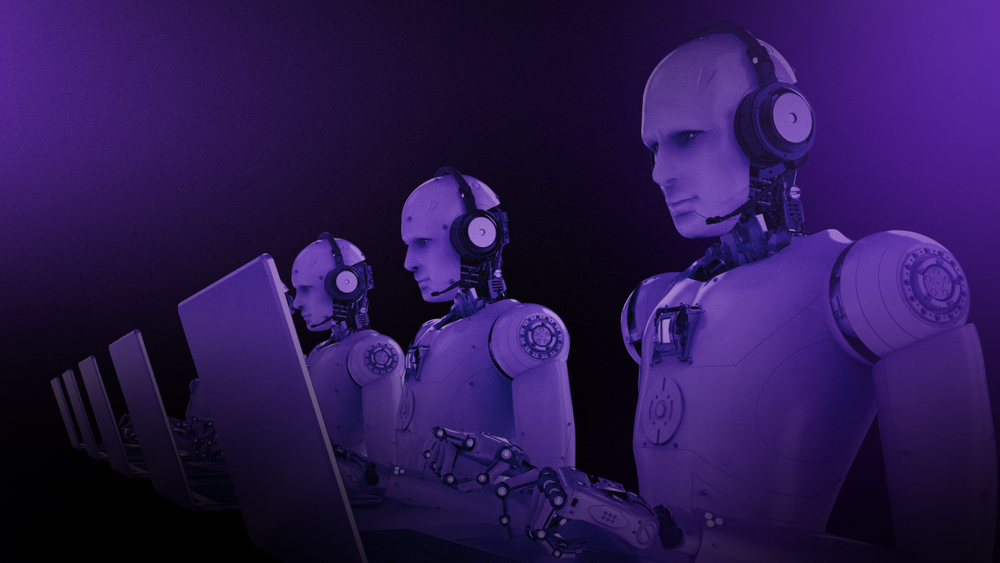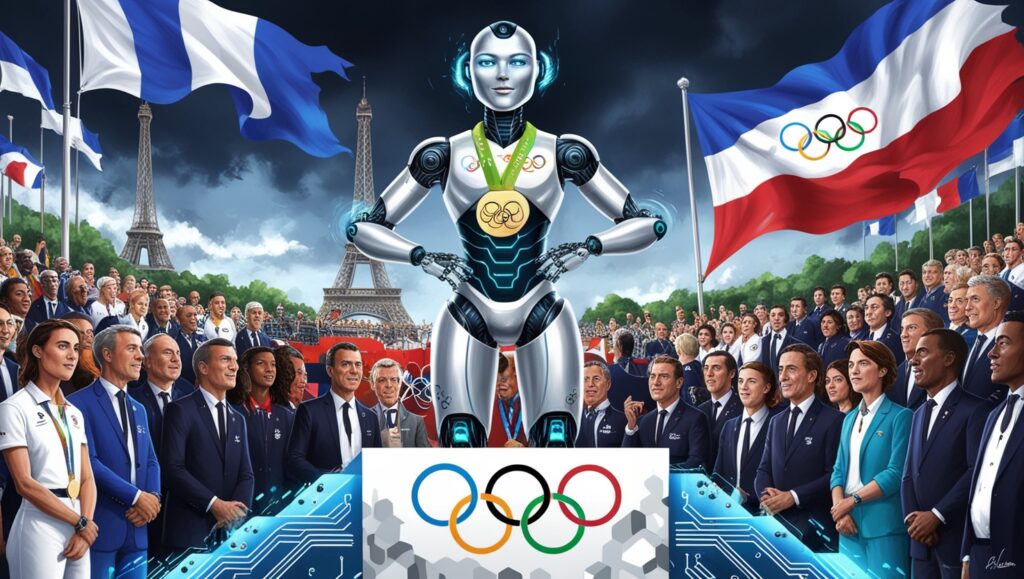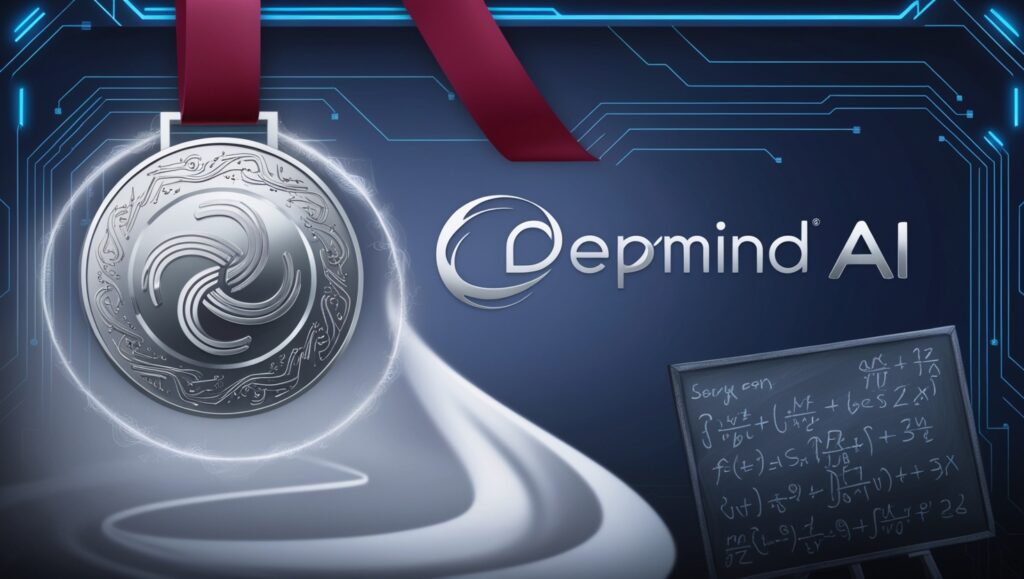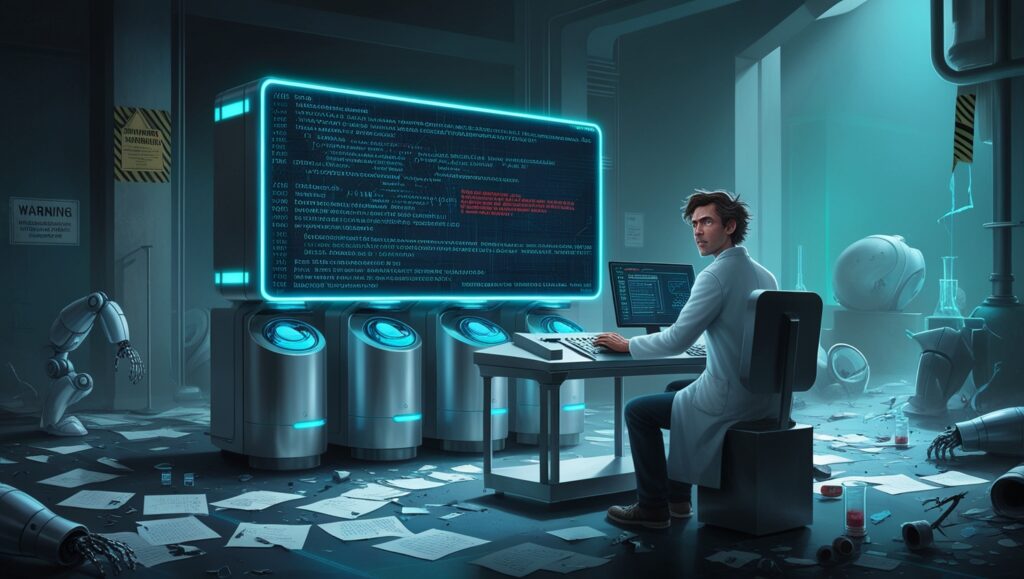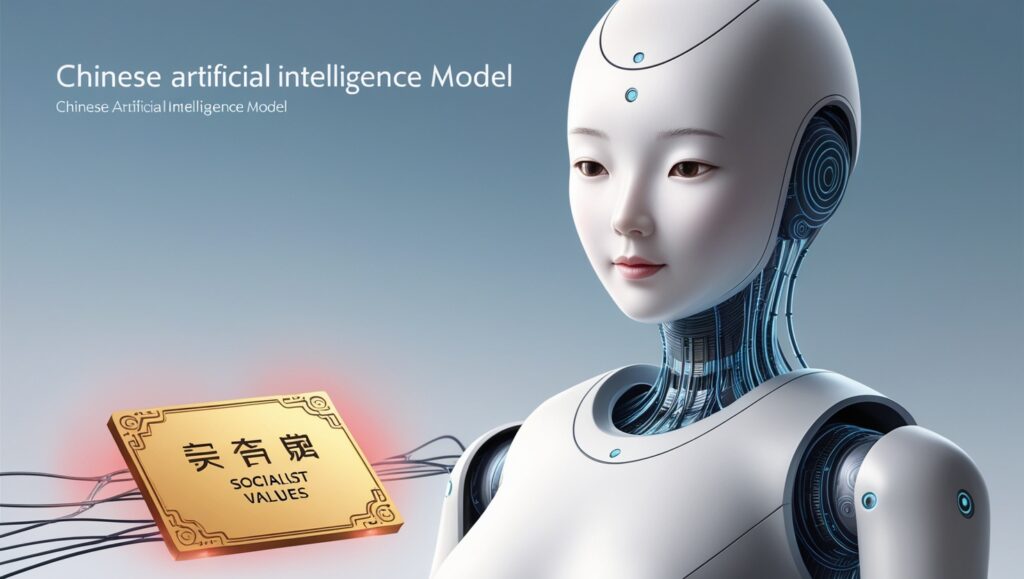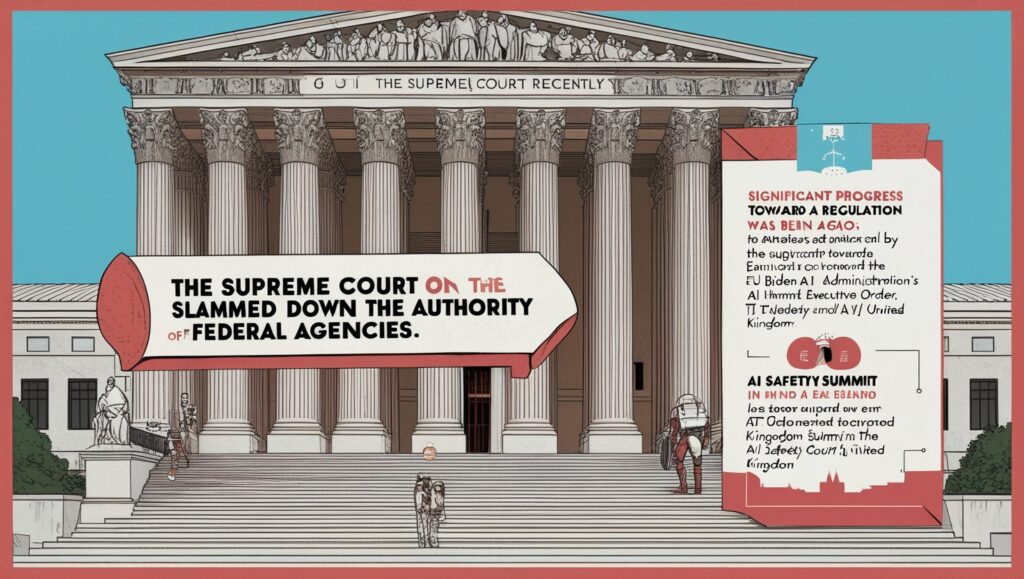Our jobs may soon be replaced by generative AI systems like OpenAI’s ChatGPT.
The remarkable artificial intelligence (AI) chatbot has been in use since November of last year, writing cover letters, a children’s book, and even helping students cheat on their essays.
We may have underestimated the chatbot’s potency. If Google had an interview with the bot and it passed, the search engine would theoretically recruit it as an entry-level programmer. The chatbot, according to Amazon staff members who evaluated it, is “very strong” at responding to inquiries about corporate strategy, “great” at creating training materials, and “does a very good job” answering customer service concerns.
But ChatGPT isn’t flawless. Users of ChatGPT discovered that the bot is capable of producing false information, providing erroneous answers to coding challenges, and making fundamental math mistakes.
Professor at Wharton Business School: AI can never match the expertise of the world’s greatest specialists in any sector. However, discussions over whether ChatGPT may replace jobs have been generated by its rise, notwithstanding its shortcomings.
The debate over whether AI will replace human labor is not new. According to a 2013 University of Oxford study, AI might displace 47% of US jobs in the next 20 years. Although this prediction seems to have been off, Mark Muro, a senior fellow at the Brookings Institute who has studied AI’s impact on the American workforce, told that the possibility that cutting-edge AI technologies like ChatGPT could replace people’s jobs, particularly white-collar jobs, is becoming even more real.
According to Muro, it has effectively captivated people’s imaginations and brought to life how this might transpire. Muro noted that although he does not believe AI will displace millions of jobs anytime soon, white-collar workers “appear to be more exposed to these technologies” than blue-collar workers, and it may soon be necessary for them to employ AI in support of their work.
Partner Anu Madgavkar of the McKinsey Global Institute, a center for economic research, concurs. She told that human judgment must still be used with these technologies in order to prevent bias and inaccuracy.
As opposed to total replacements, we need to consider these items as instruments that increase productivity, according to Madgavkar. However, Muro believes that AI will only get more affordable and sophisticated in the future, which might upend white-collar employment as we know it. Insider did research and spoke with experts to create a list of vocations that are most likely to be replaced by AI.
These ten jobs are those that AI might replace, according to the analysis.
Tech jobs (Coders, computer programmers, software engineers, data analysts)
Although coding and computer programming are in-demand talents, ChatGPT and related AI tools might soon fill in some of the gaps. Programmers, data scientists, web developers, software developers, and coders are among the IT vocations that are “pretty amenable” to AI technology “displacing more of their work,” according to Madgavkar. This is because ChatGPT, an AI, is adept at processing data with a reasonable degree of accuracy.
Indeed, according to Muro, ChatGPT and other cutting-edge technologies may be able to generate code more quickly than people, allowing for the completion of tasks with a smaller workforce. It might just take a few of them, not the entire team of software developers, he continued.
AI is already being considered by technology companies like OpenAI, the company that created ChatGPT, to replace software engineers. Nevertheless, professor Oded Netzer of Columbia Business School believes that AI will support programmers rather than replace them.
According to Netzer, in terms of work, he believes it’s more of an enhancer than a complete replacement. Programming and coding are two excellent examples of that. It’s actually pretty good at writing code.
Media jobs (advertising, content creation, technical writing, journalism)
All media employment, including those in journalism, technical writing, advertising, and any capacity involving content generation, might be impacted by ChatGPT and related AI applications, according to Madgavkar. She continued, That’s because AI can read, write, and understand text-based data well.
The ability to analyze and interpret massive amounts of language-based data and information is a capability that generative AI technologies should improve, according to Madgavkar. Economist Paul Krugman suggested that ChatGPT might be “more efficient than humans” at writing and reporting.
AI-generated content is already being experimented with by the media sector. The tech news site CNET wrote dozens of stories using an AI tool akin to ChatGPT; nonetheless, the publisher had to make some adjustments. BuzzFeed revealed that it will leverage technology from ChatGPT’s creator to create new material.
However, according to Madgavkar, much of the work done by content producers cannot be automated. She stated that a great deal of human judgment is involved in all of these professions.
Legal industry jobs (paralegals, legal assistants)
Similar to positions in the media, paralegals and legal assistants in the legal sector must absorb a lot of information, synthesize it, and then provide it in an understandable legal brief or opinion. These kinds of language-focused jobs are automatable, according to Madgavkar.
She went on to say that the data is actually very language-oriented and structured, making it a good fit for generative AI. However, since many tasks involve some degree of human judgment to comprehend what a client or employer wants, AI won’t be able to entirely automate them. Some of these jobs could even see an increase in production as a result of using tools that are genuinely more effective at this, according to Madgavkar.
Market research analysts
According to Muro, AI is adept at data analysis and outcome prediction. Because of this, analysts of market research may be vulnerable to changes brought about by AI.
Market research analysts are in charge of gathering information, spotting patterns in that information, and using their findings to create successful marketing campaigns or choose where to run advertisements. These are things that AI is now demonstrating its ability to manage, according to Muro.
Teachers
Pengcheng Shi, an associate dean in the computing and information sciences department at Rochester Institute of Technology, suggests that although educators nationwide are concerned about kids utilizing ChatGPT to cheat on their schoolwork, they should also be concerned about their own job security. Shi said ChatGPT could teach lessons with ease already. He claimed that even though it includes errors and knowledge gaps, it is still simply fixable. All you have to do is basically train ChatGPT.
Finance jobs (Financial analysts, personal financial advisors)
AI will have an impact on personal finance positions that require manipulating large volumes of numerical data, such as market research analysts, financial analysts, personal financial counselors, and others. The Brookings Institute scholar Muro stated.
According to Muro, AI can foresee a better investment mix by using multiple forms of data from, for example, a financial business. It can also highlight which investments in a portfolio are performing better and worse and communicate all of this information. According to him, these analysts are highly compensated, but some of their work can be done by machines.
Traders
Shi, of the Rochester Institute of Technology, also hinted to the New York Post that some Wall Street positions might also be in danger.
People are hired straight out of college by investment banks, where they spend two or three years working like robots and doing Excel modeling. According to him, AI can accomplish that.
Graphic designers
Three academicians highlighted DALL-E, an AI tool that can create images in seconds, as a possible disruptor of the graphic design sector in a post published in the Harvard Business Review in December.
They wrote that the economy will be greatly impacted by upskilling millions of people in the creation and manipulation of images. They also added that the recent developments in AI will undoubtedly bring about a period of hardship and economic pain for those whose jobs are directly impacted and who find it difficult to adapt.
Accountants
Although most people think of accounting as a stable job, even workers in this field could be in danger. While not everyone has lost their job due to technology, some people have, according to Brett Caraway, an associate professor at the University of Toronto’s Institute of Communication, Culture, Information, and Technology, who made this statement last week on Global News Radio 640 Toronto.
In particular, Caraway said, “intellectual labor” might be in jeopardy. He stated that these may be accountants or attorneys. It’s novel, and it will be interesting to observe how damaging and disruptive it is to politicians and the workforce.
Customer service agents
It’s likely that you have already called or chatted with a customer support agent from a business and received a robot response. Similar technologies like ChatGPT may carry on similar pattern.
By 2027, chatbots are expected to be the primary customer care channel for almost 25% of businesses, according to a 2022 report by tech research firm Gartner.


